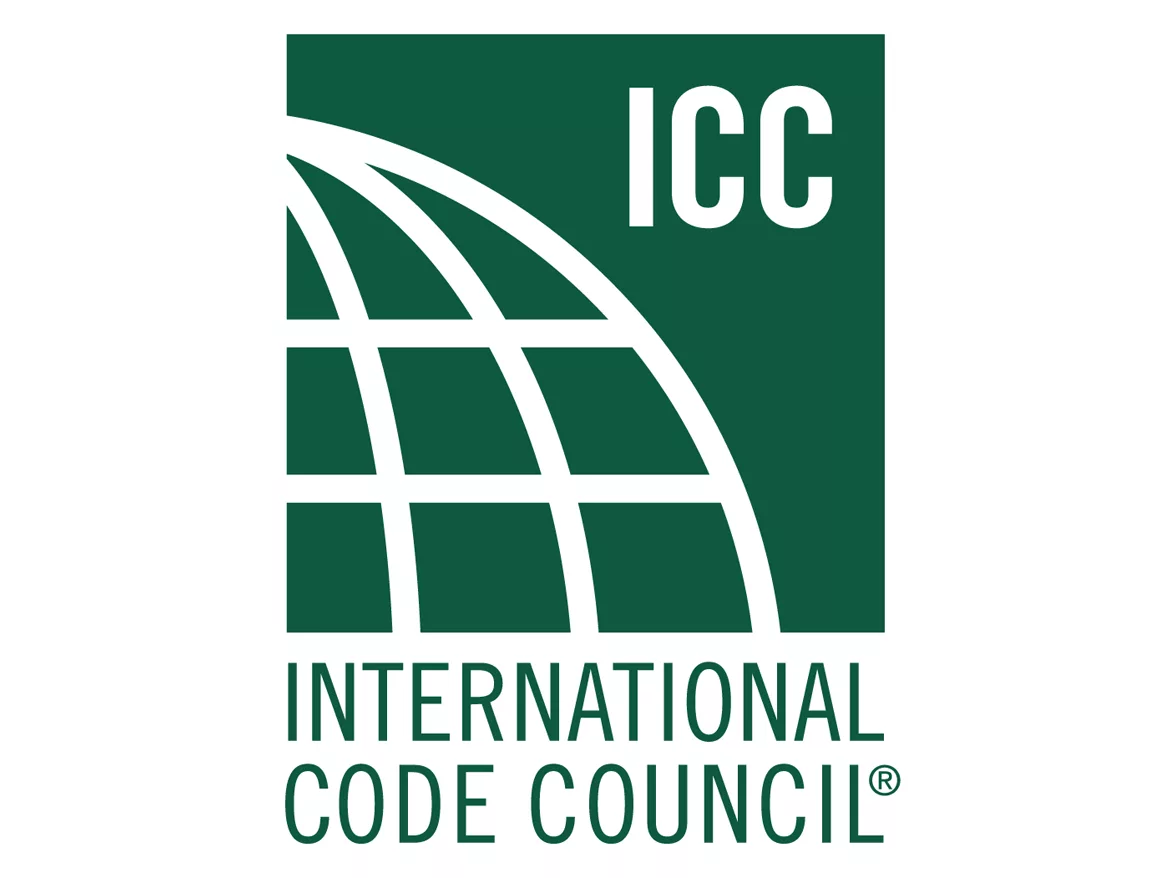ICC charts path to support building decarbonization efforts

At its September meeting, the International Code Council Board of Directors approved Decarbonization of The Built Environment: Solutions from the International Code Council. The report recognizes the significant impact of buildings on the environment and the need for a coordinated set of solutions to support the achievement of energy and greenhouse gas (GHG) reduction goals set by governments.
The report also calls for expanded activities that support a coordinated approach across the International Codes (I-Codes), standards and other solutions. As part of the process outlined within the Code Council’s energy efficiency and greenhouse gas reduction framework, Leading the Way to Energy Efficiency: A Path Forward on Energy and Sustainability to Confront a Changing Climate, the Code Council is currently undertaking an internal road mapping effort and will leverage its Energy and Carbon Advisory Council and a to-be-formed Ad Hoc Committee on Decarbonization to make recommendations on the organization and format of a comprehensive approach.
“The Code Council is prepared to deliver the tools that communities need to realize their climate-related goals. Collaboration is essential to support consistency and limit confusion as the industry navigates new priorities. Our collaboration with ASHRAE on a standard to support evaluation of carbon across the life cycle of a building is just one example of the type of solutions needed,” said Dominic Sims, CBO, CEO of the International Code Council.
Through existing codes, standards and other solutions, the Code Council has already made significant contributions to reducing the climate impacts of buildings:
- The International Energy Conservation Code (IECC) has improved energy savings by nearly 40 percent since 2006 and provided over 700 million metric tons (MMT) of carbon reduction since the 2009 edition. Zero energy appendices appear in the 2021 edition and the 2024 and future editions will deliver even more energy savings;
- The hazard resistance provisions of the codes reduce the need for rebuilding, saving 1.5 MMT of GHG emissions annually;
- The International Green Construction Code (IgCC) includes requirements for measuring the climate impacts of materials through environmental product declarations (EPDs) and life-cycle analysis;
- Off-site construction standards (ICC/MBI Standards 1200 and 1205) support more efficient construction processes; and
- The ICC Evaluation Service (ICC-ES) is an EPD program operator and will continue to assist manufacturers and jurisdictions in determining the impacts of building materials.
For more information and to monitor progress on activities outlined in the document visit www.iccsafe.org/energy.
Looking for a reprint of this article?
From high-res PDFs to custom plaques, order your copy today!






